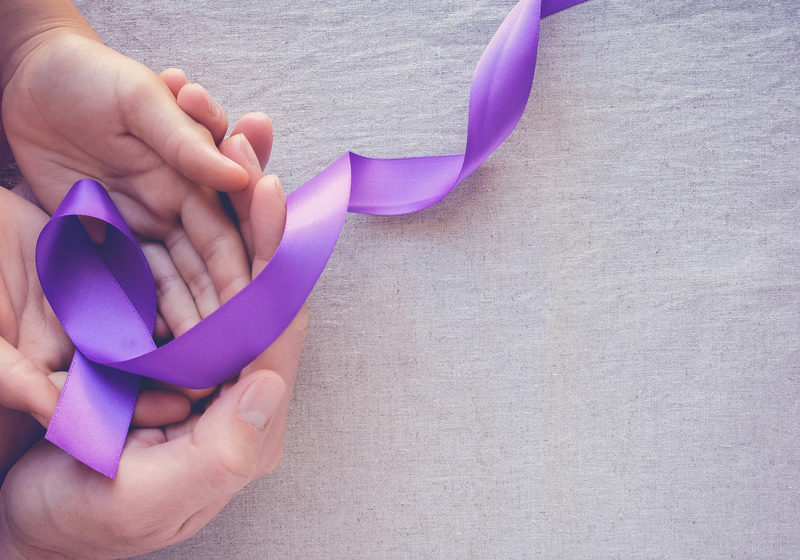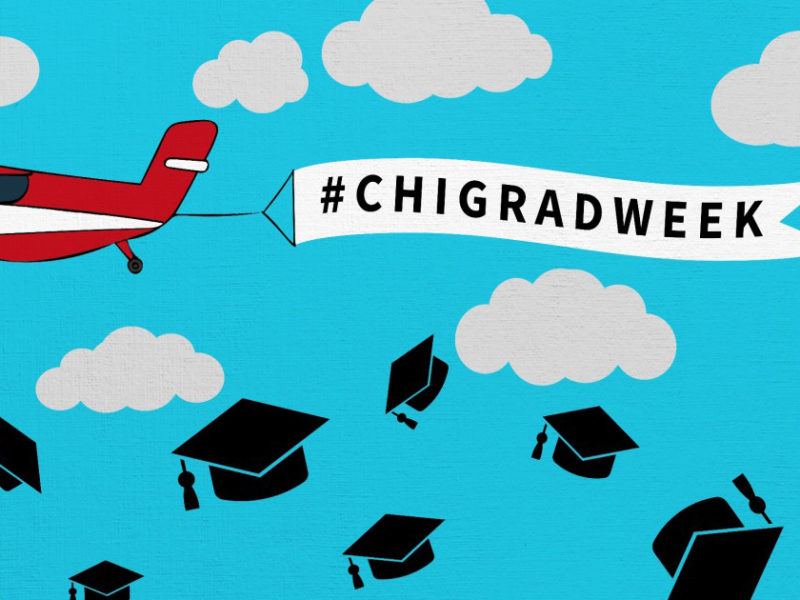
Navy Pier Has Now Been Closed Longer than at Any Point in Its History
For more than 100 years, Navy Pier had never been closed for more than 48 hours. Then the COVID-19 pandemic came.
Known as the “People’s Pier,” Navy Pier is one of the most visited tourist attractions in the United States, with some nine million visitors a year. Over the course of its sweeping history—which spans two world wars, the Great Migration, the Great Depression, and the turn of the millennium—it has served as a freight dock, as a naval training academy, and even, for almost 20 years, as the campus for the University of Illinois at Chicago. These days, with everything from shopping, dining, art installations, a world-famous ferris wheel, and even a children’s museum, Navy Pier has become a unique destination that serves the interests of locals and tourists alike.
But with the confluence of all of those people, under the conditions of the current coronavirus pandemic, the very aspects of the Pier that make it a place people want to go suddenly now pose a challenge to mitigating the spread of COVID-19. So, with this reality in mind, the Pier’s leadership made the unprecedented decision to close the pier down—for weeks on end.
We sat down with Michelle Boone, Chief Program and Civic Engagement Officer at Navy Pier, to talk learn how Navy Pier came to make this decision, what impact it will have on organizations at the Pier, and what impact it will have on how the Pier operates in the future.
How did you arrive at the decision to close Navy Pier?
Michelle Boone (MB): We arrived at this decision after taking into consideration the health, safety, and well-being of our staff, partners, and guests, which is always Navy Pier’s top priority. We are committed to doing our part to help mitigate risks to the general public and stagnate the community spread of COVID-19. We have been working very closely with city officials and subject-matter experts to determine the best course of action each step of the way. The Pier’s closure was just in line with their recommendations.
What impact will this have on vendors inside the Pier, and also on the broader Chicago community?
MB: Obviously, these are challenging and unprecedented times for everyone, and closures across the whole city and country will undoubtedly cause financial hardships for businesses everywhere. We empathize with our on-site partner establishments, who will certainly be impacted by this financially, and, subsequently, so will Navy Pier. We’re all interconnected and interdependent, and we are relying on one another—now more than ever.
What signal do you think it sends to the public to shut down Navy Pier, even briefly?
MB: Well, our decision to close the Pier was guided by city/state officials and public health experts, and we continue to take our cue from them. They’ve determined that limiting public gatherings and barring access to public spaces was the best course of action to ensure that the spread of COVID-19 does not accelerate to a rate at which our healthcare system cannot accommodate patients. Navy Pier’s closure hopefully signals to the public that we are taking this matter seriously, being responsible, and doing our part to help ensure the health and safety of our local community.
What makes landmarks like Navy Pier different from other public spaces, particularly in how people gather and interact?
MB: Navy Pier is a very unique destination by the nature of its location and set-up. It stretches nearly six city blocks out into Lake Michigan, and has so many spaces, opportunities, and diverse options for people to gather and interact—from nature, parks, rides and attractions, to dining, retail, theaters, special events, boating, and even an on-site children’s museum. People are able to relax and explore individually, or enjoy activities in groups. There is a strong sense of community at the Pier, and as the People’s Pier, we take great pride in that. It is the people that bring Chicago’s treasured lakefront destination to life.
How do you think the COVID-19 situation will change the way places like Navy Pier operate in the future?
MB: I’m not sure this situation will change the way Navy Pier operates, given that we have always prioritized public health and safety. Our cleaning and sanitization procedures have always been very thorough, we have made adjustments to our operations when we believed it would compromise public safety (i.e. closures related to extreme weather conditions, construction, etc.). We are regularly mindful of opportunities to keep our staff, partners and guests safe.
However, we recognize that this is a very unique and unprecedented situation, and it has certainly put the importance of our standard operations and practices into perspective. I’m not sure any of us knows how this will change life for us post-COVID-19, but the Pier will aim to keep delighting guests and honoring the legacy of Burnham’s vision to protect the lakefront and share it with all.




